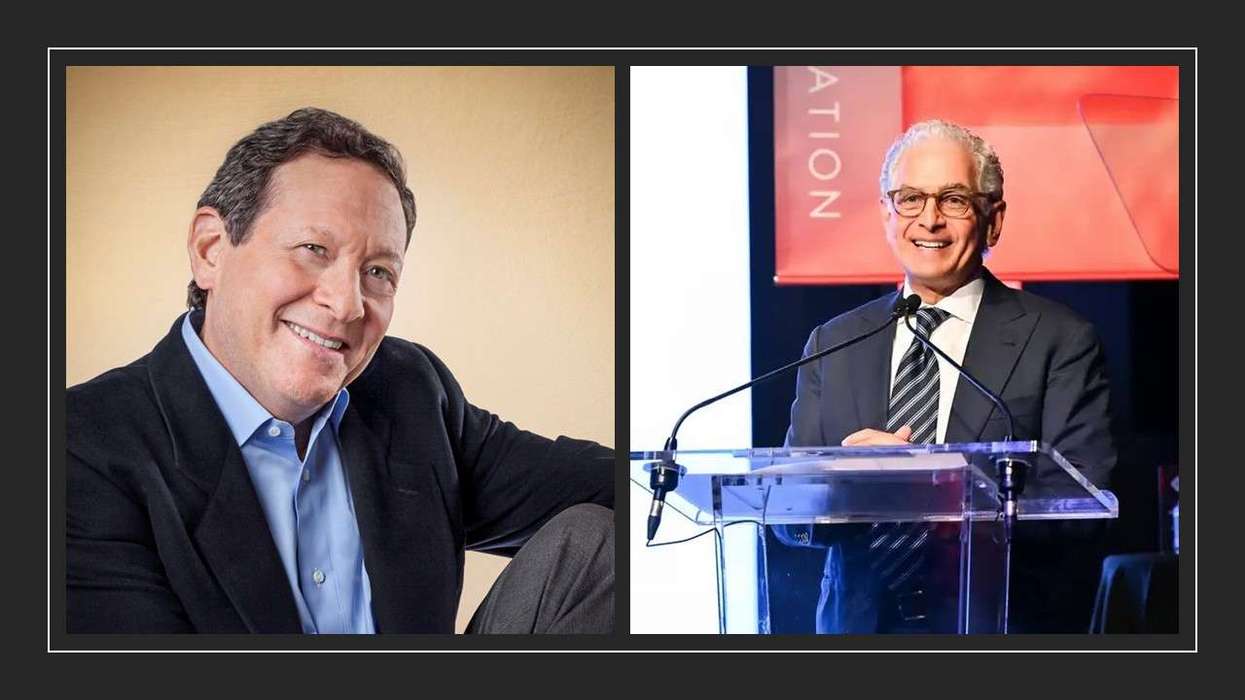NLRB joint employer rule withdrawal
THE NATIONAL LABOR Relations Board recently withdrew its appeal of a Texas judge’s ruling blocking its joint employer rule that would have broadened the shared responsibility for employees between franchisers and franchisees. Opponents of the rule said it would have damaged small businesses, including hotels, while President Joe Biden’s administration said it would better enable employees to protect their rights.
On Friday, the NLRB asked the U.S. Court of Appeals for the Fifth Circuit to dismiss its challenge, saying it believes the rule is lawful but wants “to consider options for addressing the outstanding joint employer matters before it,” according to Bloomberg Law.
The appeal had been related to a March 8 ruling in a lawsuit filed in the U.S. District Court for the Eastern District of Texas by the American Hotel & Lodging Association, the U.S. Chamber of Commerce and other business associations challenging the rule’s legality.
The NLRB ruling, issued Oct. 26 and due to take effect Feb. 26, defines a joint employer to be any company that shares or codetermines one or more essential terms and conditions of employment. Those include ages, benefits, and other compensation; hours of work and scheduling; the assignment and supervision of duties to be performed; work rules and tenure of employment.
The final rule rescinds a 2020 rule that was promulgated by the prior board and applies the new definition of joint employer to any entity that can control the essential terms of employment whether or not such control is exercised and without regard to whether any such exercise of control is direct or indirect.
“The court’s March 8 decision nullified the new rule and reinstated a 2020 NLRB rule that protects businesses from undue liability for employees over whom they do not have direct control,” AHLA said in a statement. “Under that policy, which had been rescinded by the Biden Administration in 2021, companies will only be seen as a joint employer if they maintain ‘substantial direct and immediate control’ over workers’ terms and conditions of employment.”
‘A win for hoteliers’
“I’m pleased the Biden Administration has finally heeded our bipartisan, bicameral calls to drop this overreaching and unnecessary rule,” said Senator Joe Manchin, I-West Virginia, who coauthored legislation in April that would have blocked the rule. “Small businesses are the heart of our economy and our communities, especially in West Virginia where more than 98 percent of our businesses are small businesses, and this policy would have forced many of them to close their doors. I’m proud to have fought hard to oppose the joint employer rule and I’m confident its withdrawal will allow us to focus on bipartisan, commonsense solutions to boost economic growth and empower Main Street America.”
Biden later vetoed Manchin’s legislation.
Kevin Carey, AHLA’s interim president and CEO, also said he welcomes the NLRB decision to withdraw its appeal. The rule would have made it easier for the NLRB to declare joint-employment status in business relationships and allowed unions to organize by company rather than property by property.
“Today marks a huge victory in our fight to preserve the franchise business model for hoteliers across the country. The NLRB’s decision to withdraw its appeal will provide our industry with the certainty we have been asking for and protect the franchise business model that has paved the way to the American Dream for tens of thousands of hoteliers,” Carey said. “We couldn’t have achieved this outcome without the support of our 30,000-plus dedicated members, and AHLA stands ready to fight any further NLRB attempts to change the joint-employer standard.”
AHLA said the NLRB rule was “designed to force franchisers to the negotiating table with workers they do not actually employ to increase unionization.
“It would have complicated relationships between hotel owners, brands, and employees, and would have limited opportunities for franchisees and workers along the way,” AHLA said in its statement.
AAHOA also welcomed NLRB’s decision to withdraw its appeal.
"This decision is a tremendous win for our industry, ensuring hotel owners and franchisees are not held accountable for employment practices beyond their control," said Miraj Patel, AAHOA chairman. "The certainty provided by retaining the 2020 rule allows AAHOA Members to operate confidently, fostering a healthier business environment and supporting economic growth."
Laura Lee Blake, AAHOA president and CEO, also said the now rescinded rule took too much autonomy from hotel companies.
"This decision reinforces the independence of hotel owners and allows them to manage their businesses without undue interference,” she said.
Editor’s note: This story has been updated to include AAHOA’s response.






